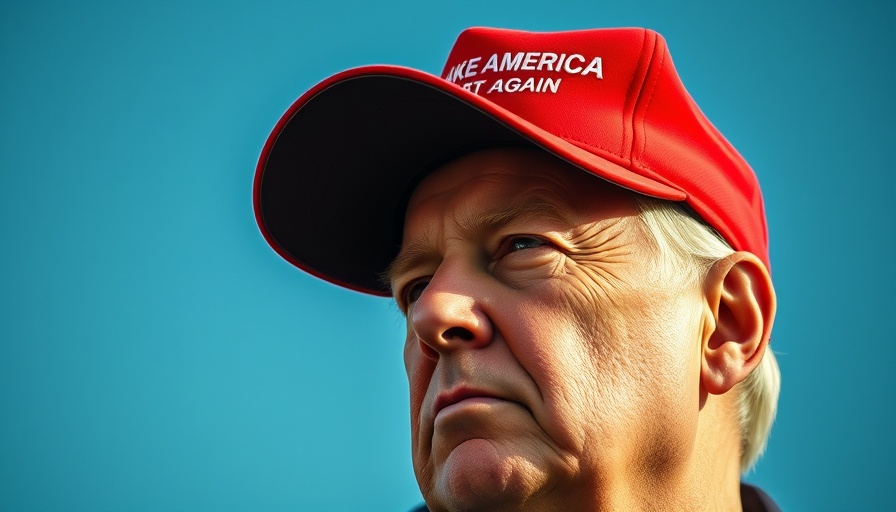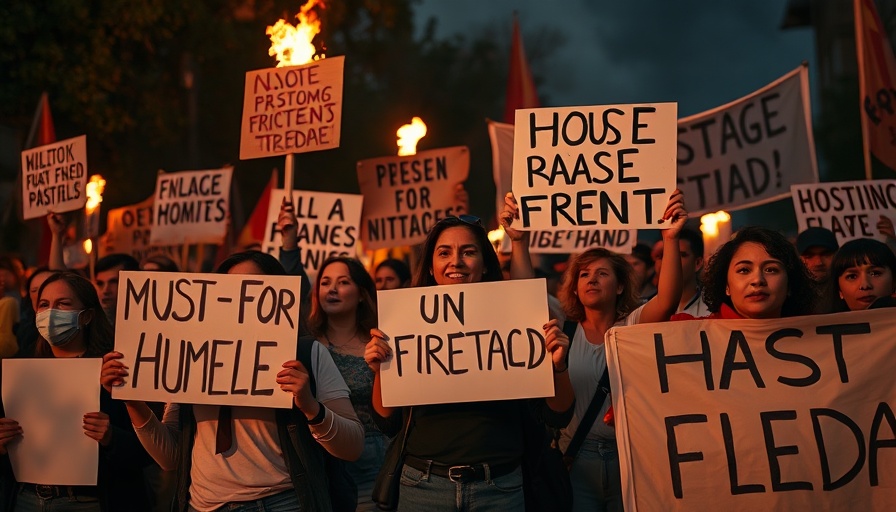
What Lies Ahead in U.S.-Iran Diplomacy?
In a rapidly changing political landscape, the prospect of renewed diplomacy between the U.S. and Iran seems increasingly bleak. President Donald Trump has laid down a two-week ultimatum for Iran to "come to their senses," yet recent exchanges during European talks with Iranian officials highlight the complexities undermining U.S. influence in this situation.
During discussions in Geneva, Iranian Foreign Minister Abbas Araghchi reiterated his nation's demand for an end to Israeli attacks before any serious negotiations could unfold. This call underscores a challenge not only involving two nations but also reveals the rift between U.S. and European strategies concerning Middle Eastern diplomacy.
The Challenge of Dual Diplomacy
Trump's refusal to engage with European allies in these negotiations signals a departure from traditional multi-party diplomatic norms. The president's reluctance to pressure Israel regarding its engagements with Iran has flared tensions and could exacerbate the deadlock. His commentary about Israel’s position being likened to a competitive sports game—where it’s harder to concede to requests when a party is winning—illustrates a complicated dynamic.
Future Implications and Predictions
As the clock ticks on Trump’s two-week window, observers are left questioning whether this strategy can yield any tangible results. The reality on the ground suggests that unless significant adjustments are made towards cooperative diplomacy—one that respects the roles of European nations and addresses the demands of both Iran and Israel—the likelihood of successful negotiations seems low. In fact, a recent White House statement warns that Iran could develop a nuclear weapon within weeks if the stalemate continues. This signals an urgency to revisit diplomatic avenues before the opportunity slips away entirely.
Understanding the Bigger Picture: Public Reactions and Insights
Among legal and accounting professionals, as well as in the medical community, the ongoing tensions and potential lack of resolution may have broader impacts, including economic repercussions and increased instability in global markets. Those following these developments should remain aware of how political decisions affect not just international relations but also financial stability and public safety.
Conclusion: The Path Forward
As the world watches and waits, it’s clear that immediate action is necessary. The stakes are high, and the trajectory of U.S.-Iran relations could influence global stability. It’s time for all parties involved to reassess their strategies and lay a pathway towards constructive dialogue.
 Add Row
Add Row  Add Element
Add Element 



Write A Comment